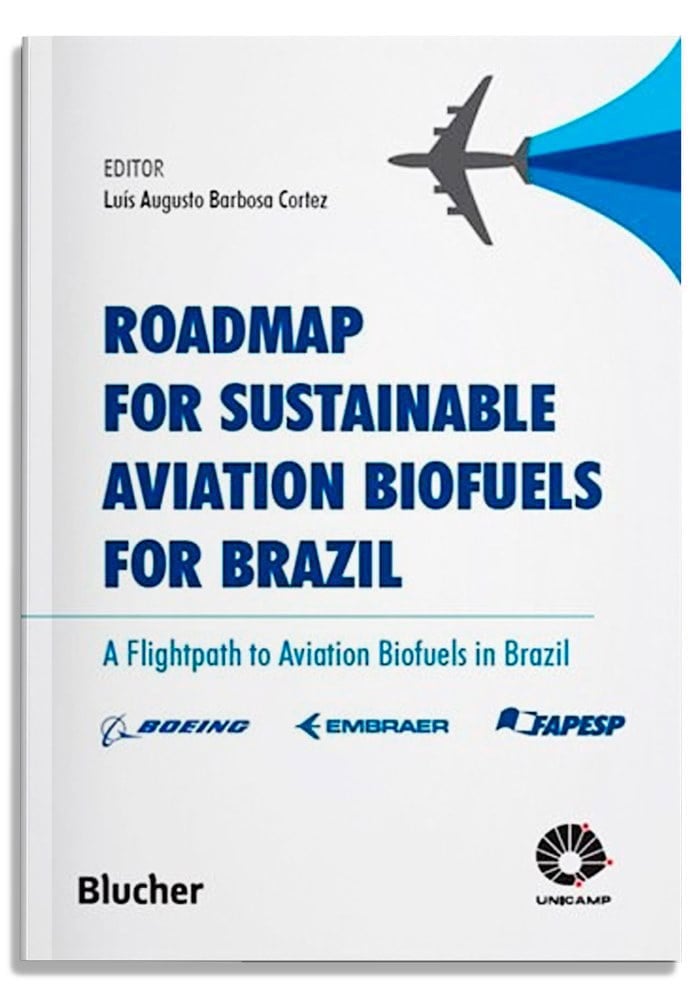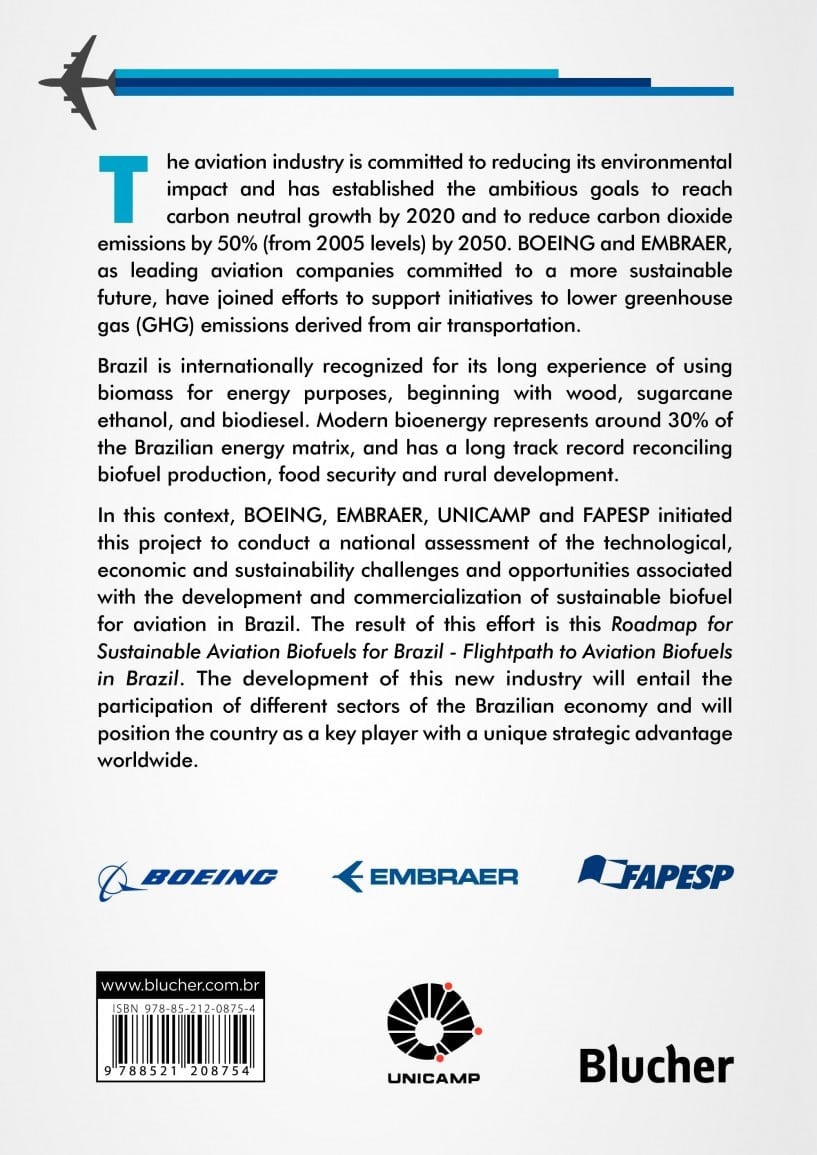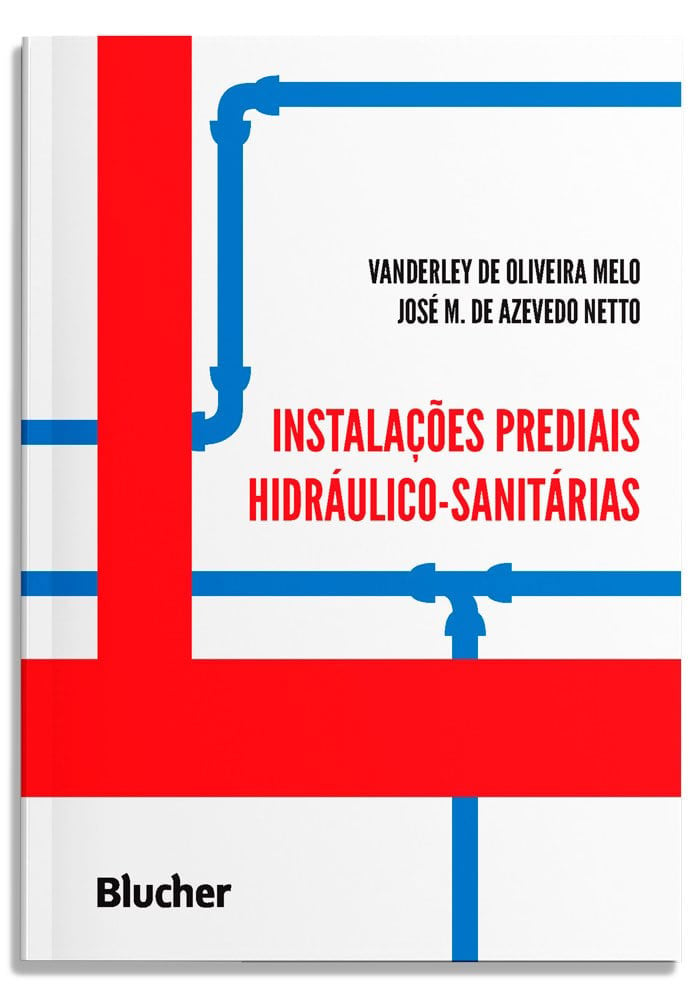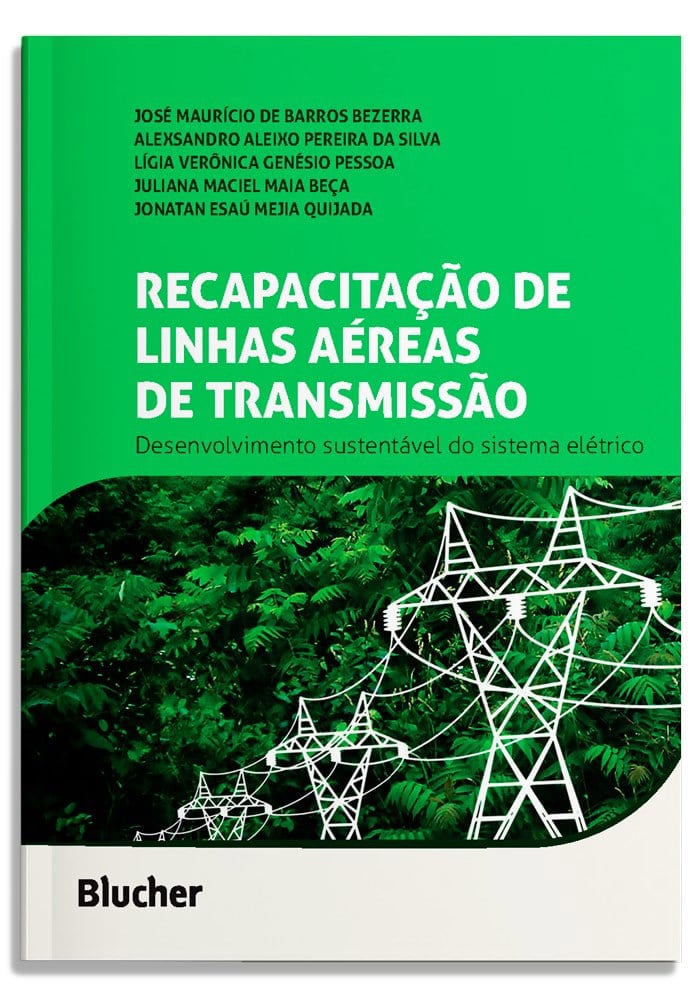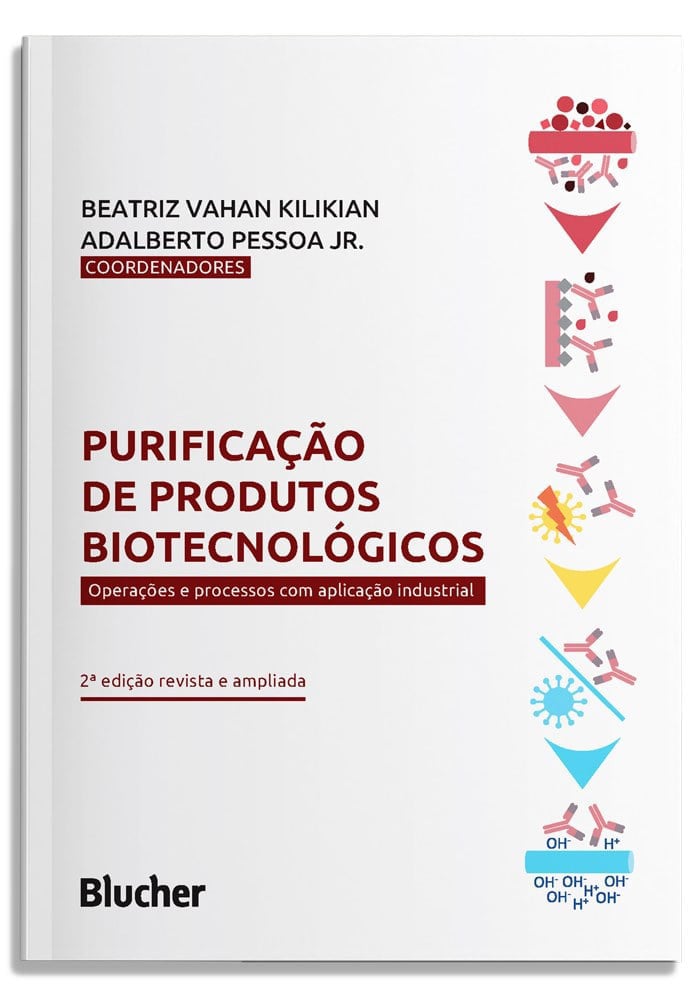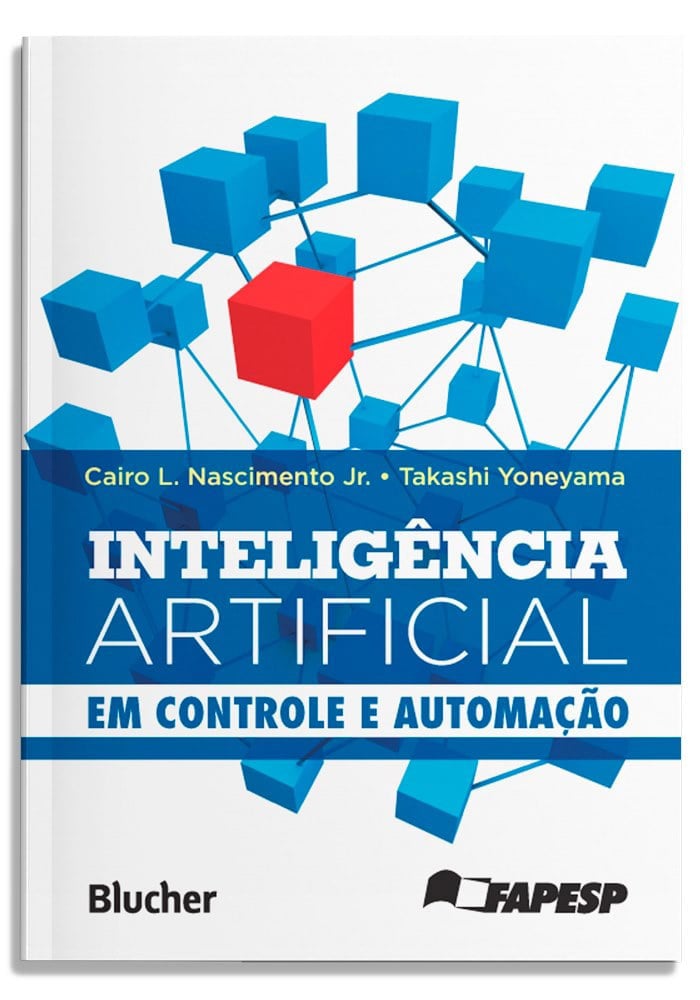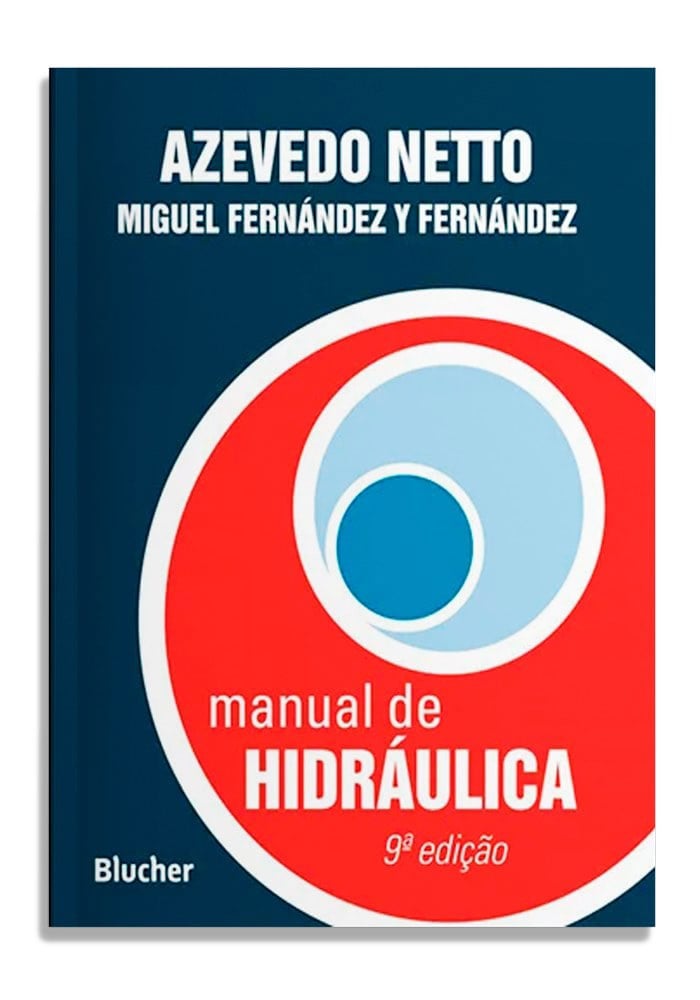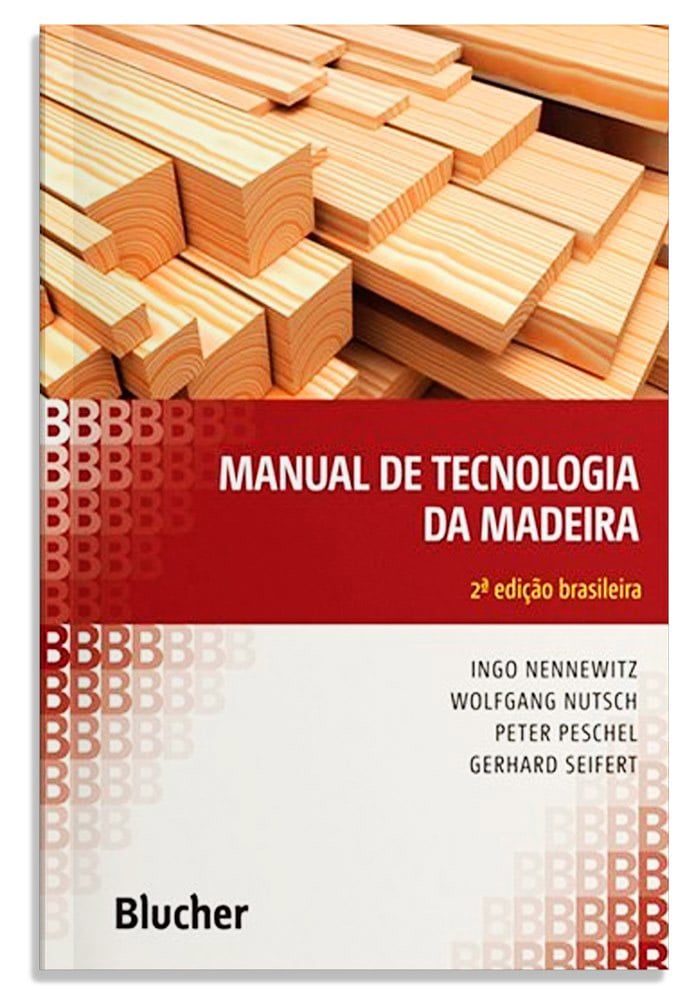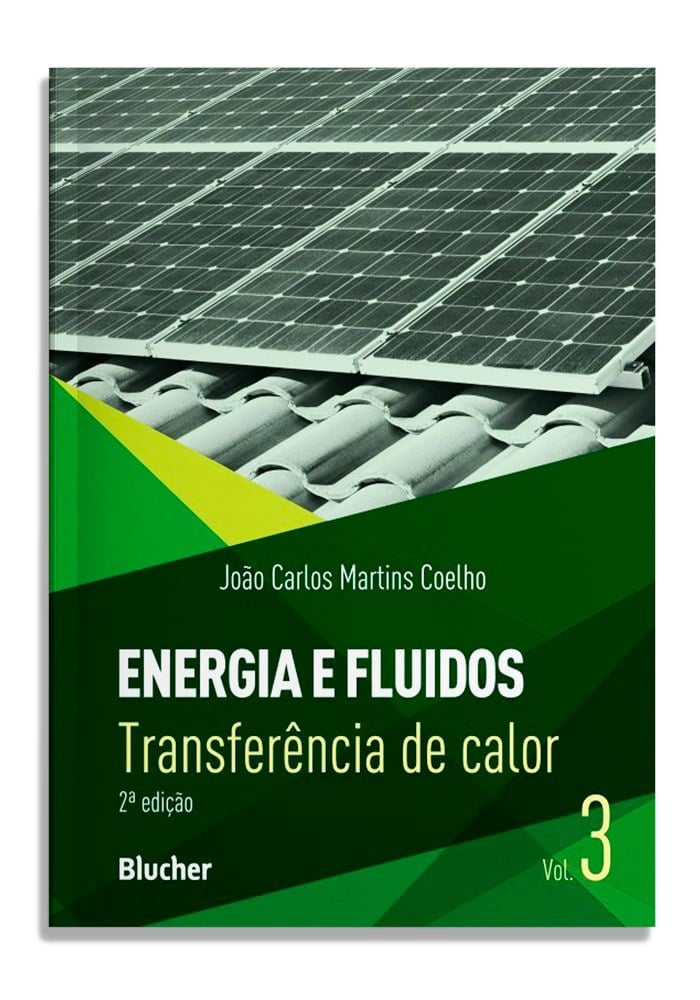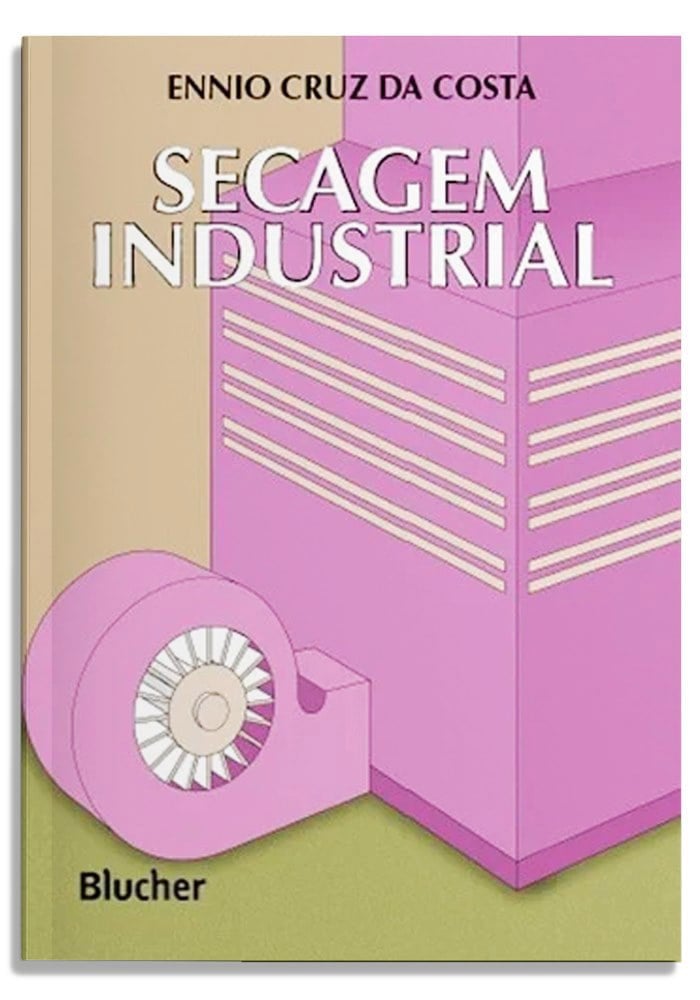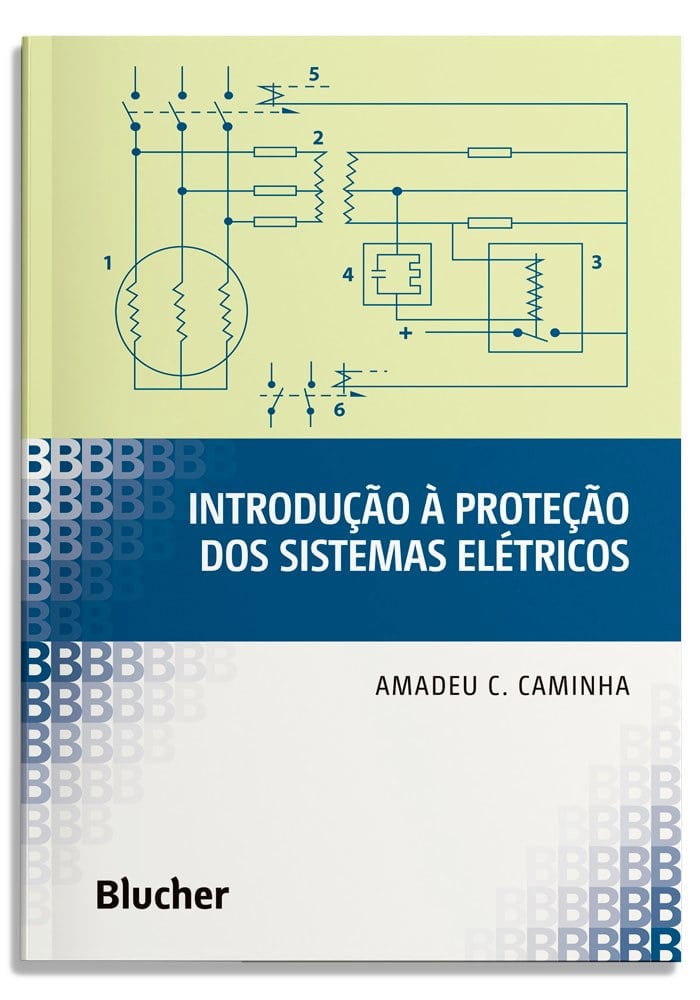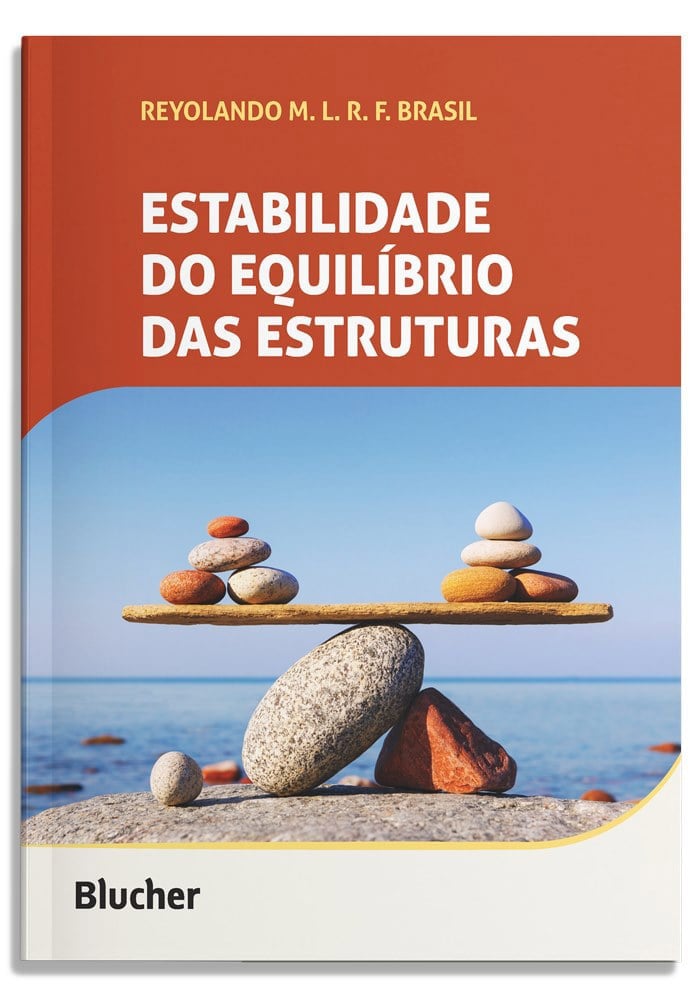A flightpath to aviation biofuels in Brazil
R$ 127,00
ou até 2x de R$ 63,50
Sinopse
The aviation industry is committed to reducing its environmental impact and has established the ambitious goals to reach carbon neutral growth by 2020 and to reduce carbon dioxide emissions by 50% (from 2005 levels) by 2050. BOEING and EMBRAER, as leading aviation companies committed to a more sustainable future, have joined efforts to support initiatives to lower greenhouse gas (GHG) emissions derived from air transportation. Brazil is internationally recognized for its long experience of using biomass for energy purposes, beginning with wood, sugarcane ethanol, and biodiesel. Modern bioenergy represents around 30% of the Brazilian energy matrix, and has a long track record reconciling biofuel production, food security and rural development. In this context, BOEING, EMBRAER, UNICAMP and FAPESP initiated this project to conduct a national assessment of the technological, economic and sustainability challenges and opportunities associated with the development and commercialization of sustainable biofuel for aviation in Brazil. The result of this effort is the book "Roadmap for Sustainable Aviation Biofuels for Brazil - Flightpath to Aviation Biofuels in Brazil". The development of this new industry will entail the participation of different sectors of the Brazilian economy and will position the country as a key player with a unique strategic advantage worldwide.
Luís Augusto Barbosa Cortez
Former Professor from the School of Agricultural Engineering at the State University of Campinas (UNICAMP) from 1988 to 2017. Presently Senior Researcher associated to the Energy Planning Center-NIPE-UNICAMP.
Coordinated the Energy Planning Center-NIPE-UNICAMP between 1997-2002, and 2012-2013. Coordinator of International Relations of UNICAMP between 2002-2009 and Vice-Rector of International Relations of UNICAMP 2013-2017. Co-coordinated projects in Bioenergy such as a study on sugarcane ethanol expansion in Brazil to substitute 10% of the world gasoline consumption. Administration Coordinator at ILUM School of Sciences at the Brazilian Center for Research in Energy and Materials-CNPEM, Brazil (2021-2023). Coordinated books in bioenergy such as: “Sugarcane Bioethanol: R&D on Sustainability and Productivity” published in 2010 (Jabuti Prize); “Roadmap on Sustainable Biofuels for Aviation in Brazil” – Boeing/Embraer Project, book published in 2014; “Sugarcane Bioenergy for Sustainable Development in Latin America and Africa” published in 2019.
Sumário
PART I - INTRODUCTION AND CONTEXT
1. INTRODUCTION Aviation Industry and energy
2. GOALS AND DESIRES TO THE NEW AVIATION INDUSTRY
3. CURRENT INDUSTRY: PRODUCTS, PROCESSES, SUPPLIERS AND CUSTOMERS
PART II - NEEDS AND TECHNOLOGICAL CAPABILITIES
4. DESIRED PRODUCTS, TECHNOLOGIES OR PROCESSES
5. CRITICAL SYSTEM REQUIREMENTS
6. LARGE TECHNOLOGICAL AREAS
7. TECHNOLOGY DRIVERS
8. CURRENT SCIENTIFIC AND TECHNOLOGICAL CAPABILITIES
9. GAPS AND BARRIERS
PART III - TECHNOLOGY DEVELOPMENT STRATEGY
10. TECHNOLOGY ALTERNATIVES
PART IV - RECOMMENDED TECHNOLOGIES
11. ANALYSIS OF IDENTIFIED PATHWAYS RECOMMENDED POLICIES
12. INSTITUTIONAL ISSUES ON AVIATION BIOFUELS
13. R&D PROGRAMS AND COMMERCIALIZATION GAPS
14. CONCLUSIONS
REFERENCE
GLOSSARY
ANNEX 1 - REGIONALS OUTREACHES
ANNEX 2 - STAKEHOLDERS COMMENTS
Folheie o livro
Detalhes do livro
- Tipo: Livro Impresso
- ISBN: 9788521208754
- Idioma: Inglês
- Acabamento: Brochura
- Total de Páginas: 272 páginas
- Ano da Edição: 2014
- Peso: 0.68 kg
